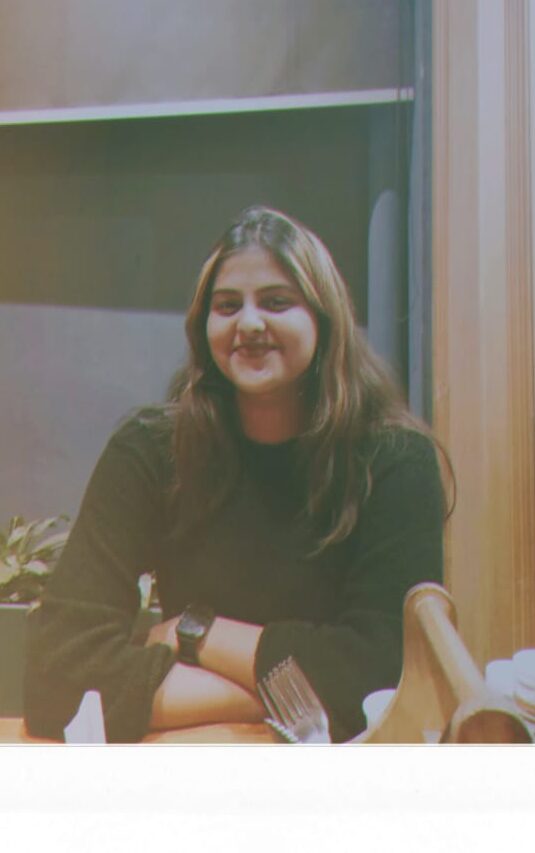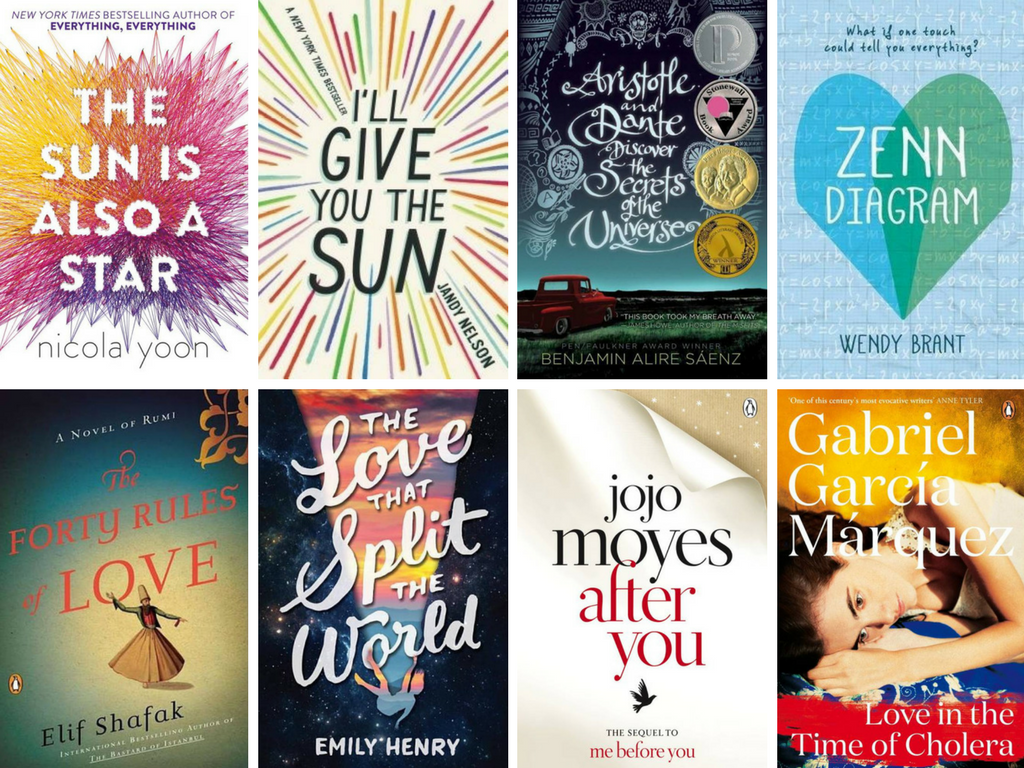1. Tell us more about the Book.
This book encapsulates three phases of emotional well-being that is as the name suggests hurting healing and then further, moving on to help others. I feel these three phases are a continuous cycle in a person’s life. So, I wrote a story, something any teenager or even adult would relate to. The story underlines how everyone for whatever reason at some point in life feels like the walls are closing in on them. Moreover, it also draws attention toward how chaotic teenagers are and how a person deals with emotionally daunting ghosts aka spirits. It’s an eclectic mix of diverse sets of feelings only so that the reader seeks solace somewhere in the book like I did while writing it.
2. What themes or subjects do you often find yourself drawn to in writing?
I primarily write about the dusk before the dawn if I may put in a metaphor. I write about the silence in excruciating pain. Love, growth of oneself, heartbreak. I’ve even written about my outlook towards womanhood in my previous book.
3. Describe a lesser-known aspect of Nandini
Given the first impression people have of me, I don’t think they read me as a person of depth. Those who know me and have read my work understand me as a person of immense depth and value. Not because of the experiences I have had but because of how I tend to ink them on paper and express them.
4. Are there specific messages or feelings you hope your readers to take away from your story?
Yes, to answer that, I’d like to quote from the last chapter “Help” from the book – Loss is inevitable, and pain is inevitable. So I won’t defend productivity and positivity. For once, I will side with the darker things in life for teaching us the fall. The fall that sometimes lasts over years, the fall that feels like a million feet deep. This book is for the ones lost, not the ones who survived. This book is not to be read to gain strength or knowledge or help, it is to fall on your knees and cry, be vulnerable and grieve and find comfort in that”.
“Keep manufacturing band-aids for your wounds despite knowing that they will be ripped open time and again”

5. Memorable incident while writing the book.
I wrote this as a short story first. I got the idea and I penned it down as a short two-page story I read it to my father and he cried and said that it feels like he is not alone. And for him to say that encouraged me to turn this story into a book. It is one of the most impactful stories I feel that could be written. I barely demand credit for it. It is something everyone has to go through. I just used metaphors to piece it together and bring it forward.
6. Tell us about the first book that made you cry
Fault in Our Stars was the first book that ever made me cry. I don’t let things easily impact unless, of course, they do. Fault in Our Stars by John Green was a soul-stirring work of art. I fell in love with how they loved each other so much within the restrictions they clinically had. I was in 10th grade when I read that book, and I felt so many things back then. I wonder what I’ll feel when I re-read it from my perspective now.
7. Given the complex publishing process in India, what was the experience?
That is indeed a fact, initially, I went in for self-publishing for my first book but I realized how complicated it was. With Paper Towns, the process was not only simple it was also fun. I made good friends with the people helping me out during the process. I barely had to move a finger, they did everything and just took over and gave me the best possible outcome.
8. Do you believe that a writer needs to have strong emotions?
I feel like everyone has strong feelings. It’s just that a writer has the linguistic intelligence to express them and others have their way of expressing which are equally amazing in the eyes of Art.
9. What inspires you to write?
Silence inspires me to write and honestly, writing and I have a peculiar relationship. Elizabeth Gilbert mentioned this in her book Big Magic. Writing comes from afar and before it crosses your mind and goes elsewhere you have to accommodate it and write it down on a piece of paper. With writing, all the credit goes to the hidden poems in the wind that strike me at the most odd hours, maybe at a party or when I’m asleep and I have to write it down before I lose it.
























